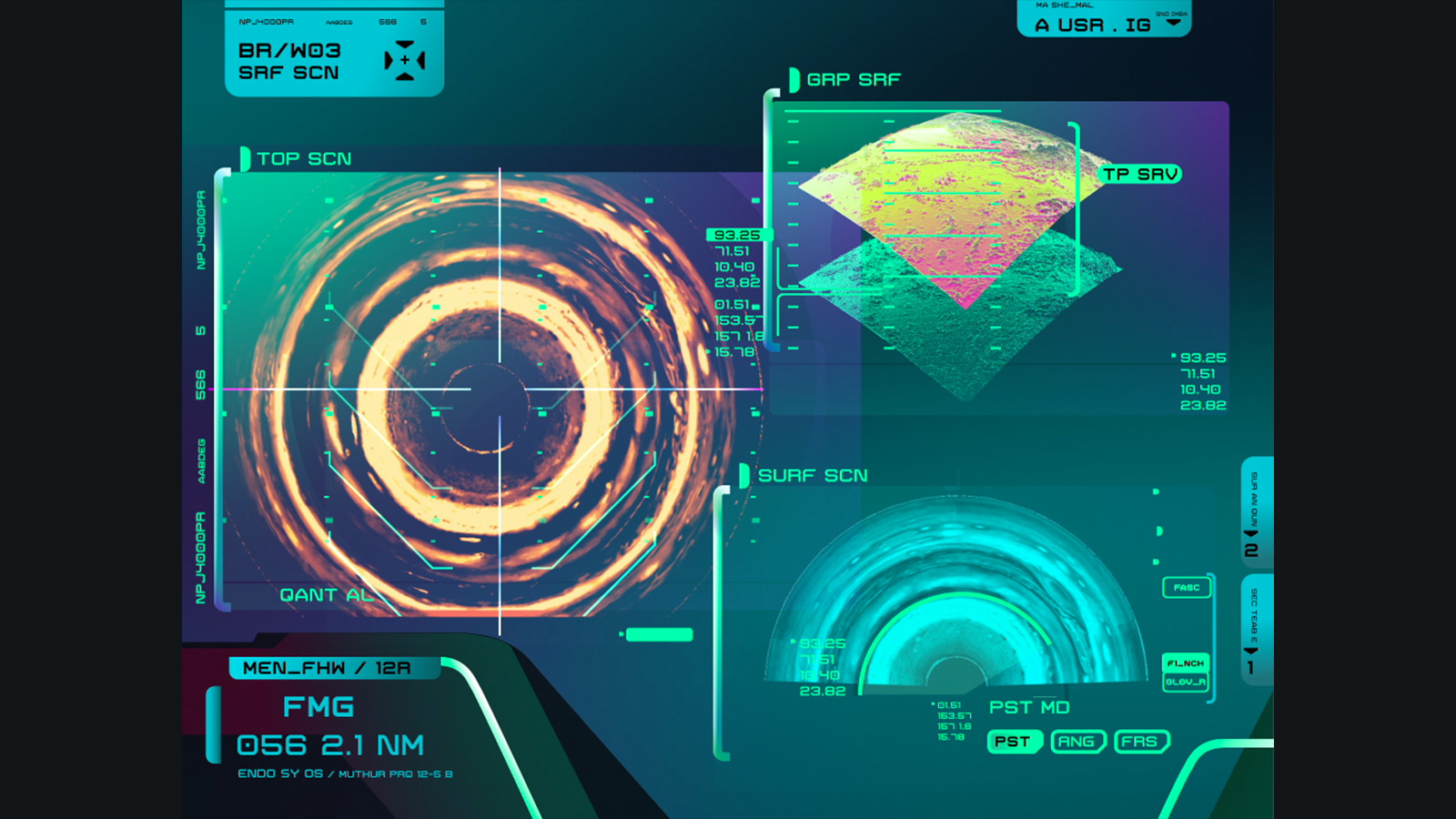When I first listened to it
I was in lying in bed, unable to sleep, and trying to feel less anxious about my hands being tingly and achy. I opened a list of downloaded podcast episodes and started listening to the one that sounds cool. Hey, data viz and holograms sound cool enough.
Good decision I think; you can listen to it HERE
What I learned
- Damn, there exists a studio that made data visualization that appears for two seconds in a movie
- Damn, even if these cool holograms and whooshy blue transparent decks appear only for a moment, they are still made by a team of people (Territory Studio) who care about the details and the fact that fans will discover thing in re-watches
- When things are done right, they appear as if invisible, but when things are out of place, you can’t help but notice. Nobody cares that if a piece of furniture is out of place, or a clock is anarchronistic, but without these details, the scene feels artificial and fake -> This is something I have to keep in mind when putting my name on any piece of work (in the office or otherwise)
First - Understand the Subject
- The majority of the time spent on any piece of UI work is understanding the consumer of the data, and the elements and visuals required naturally follow.
If you put yourself in the seat of an engineer who monitors ships all day, then even if that engineer is an alien trying to land a weird pod on Mecury, you will still have a good idea of what he needs on his purple energy tablet - or something like that because I don’t remember the exact words
Reminds me of
The ever so awesome CaptainDisillusion, who shares his loves for CGI and VFX with others and makes ever so attached to learning 3D modeling and animation
Love with your heart, use your head for everything else - CaptainDisillusion
The fact that many creative things I dabbled in can help me better understand analytical and systematic concepts
